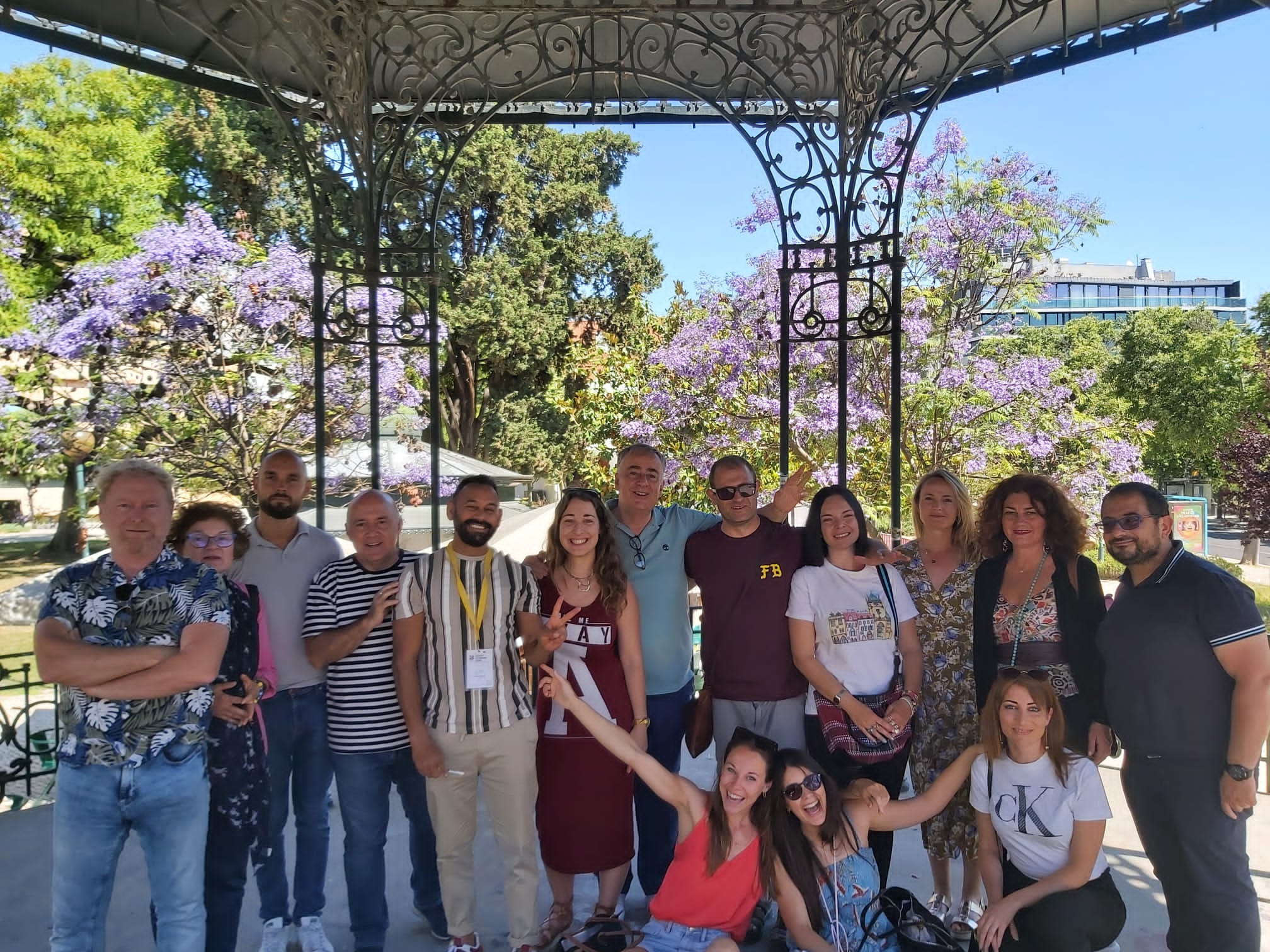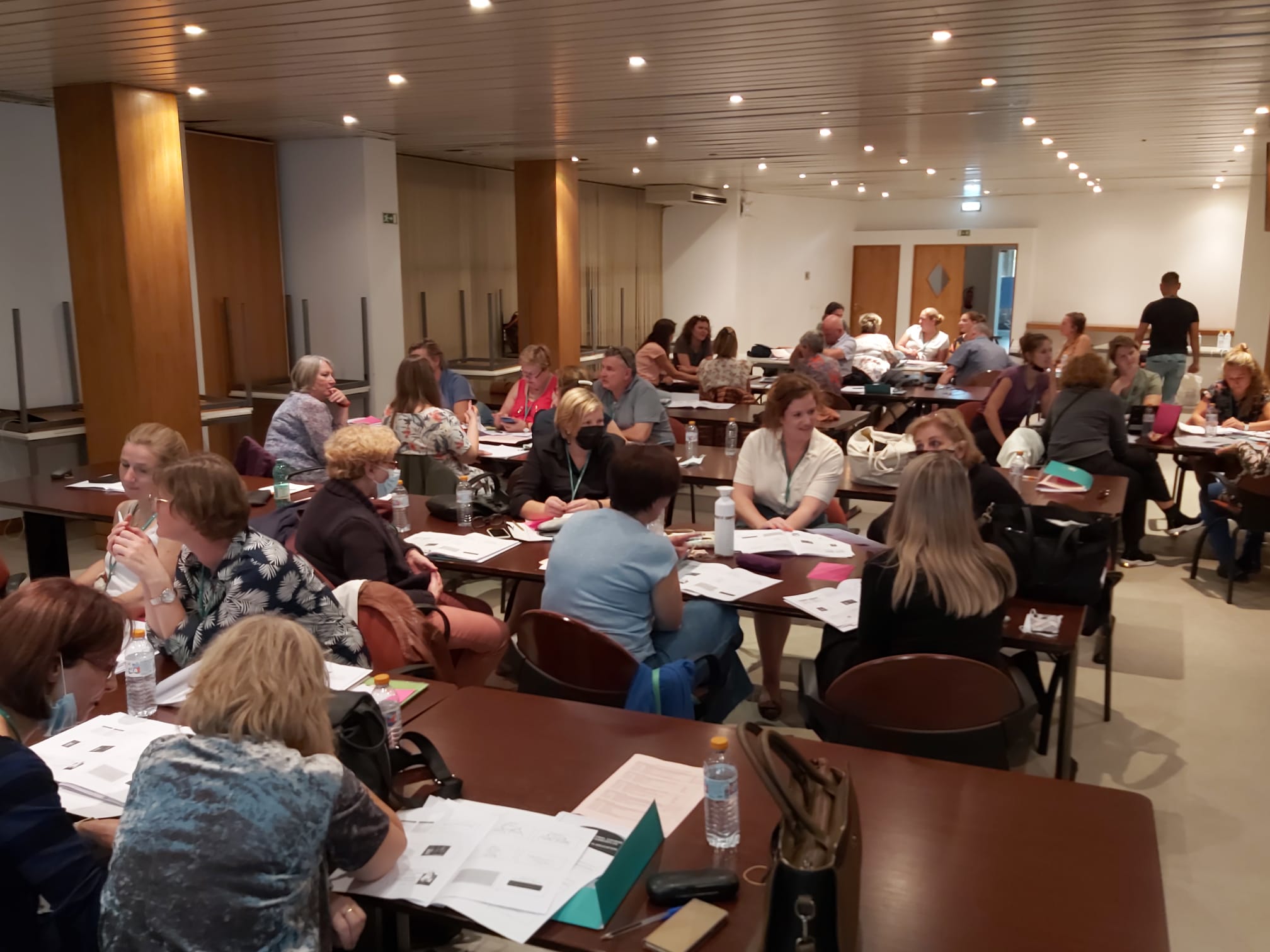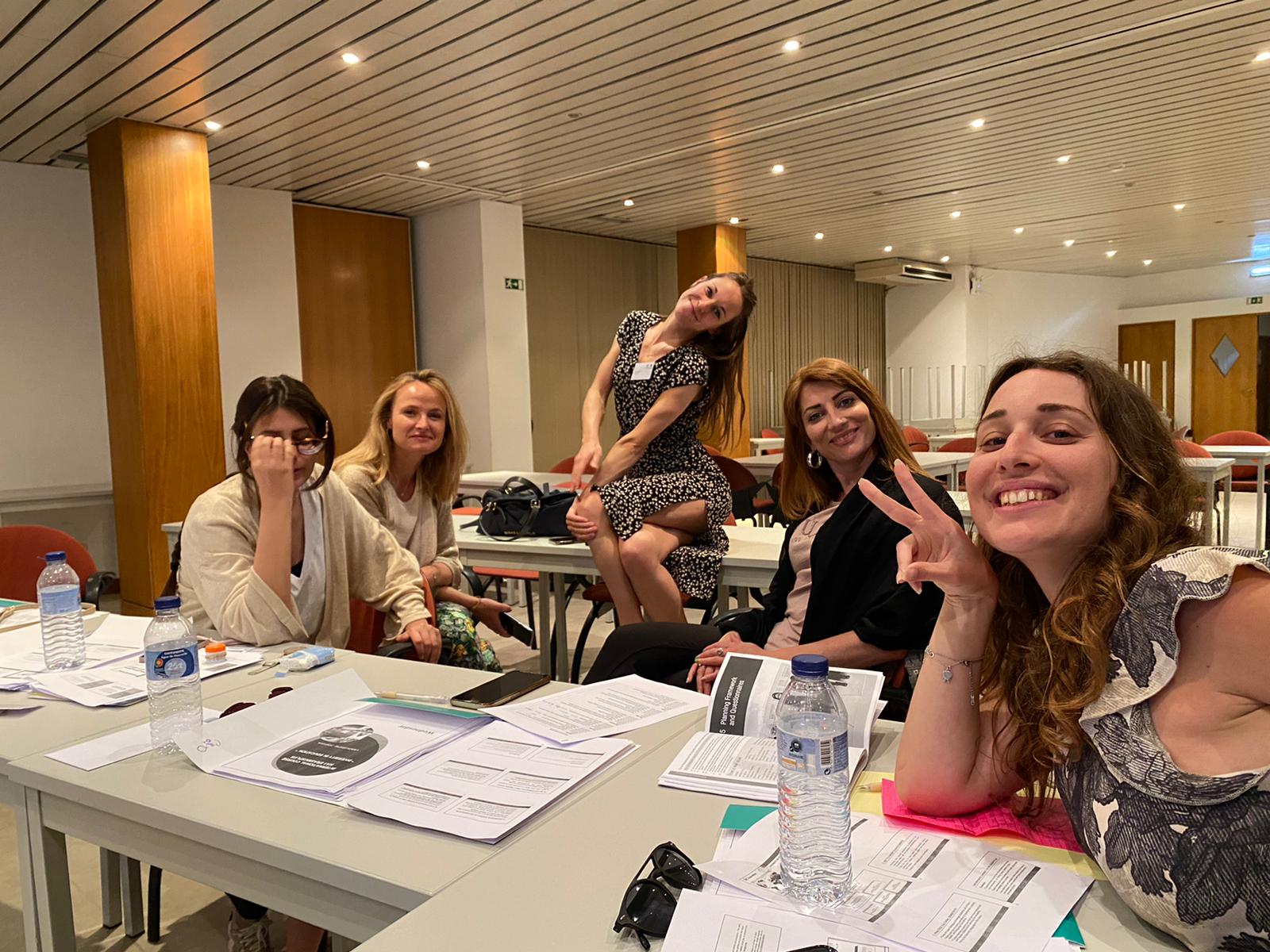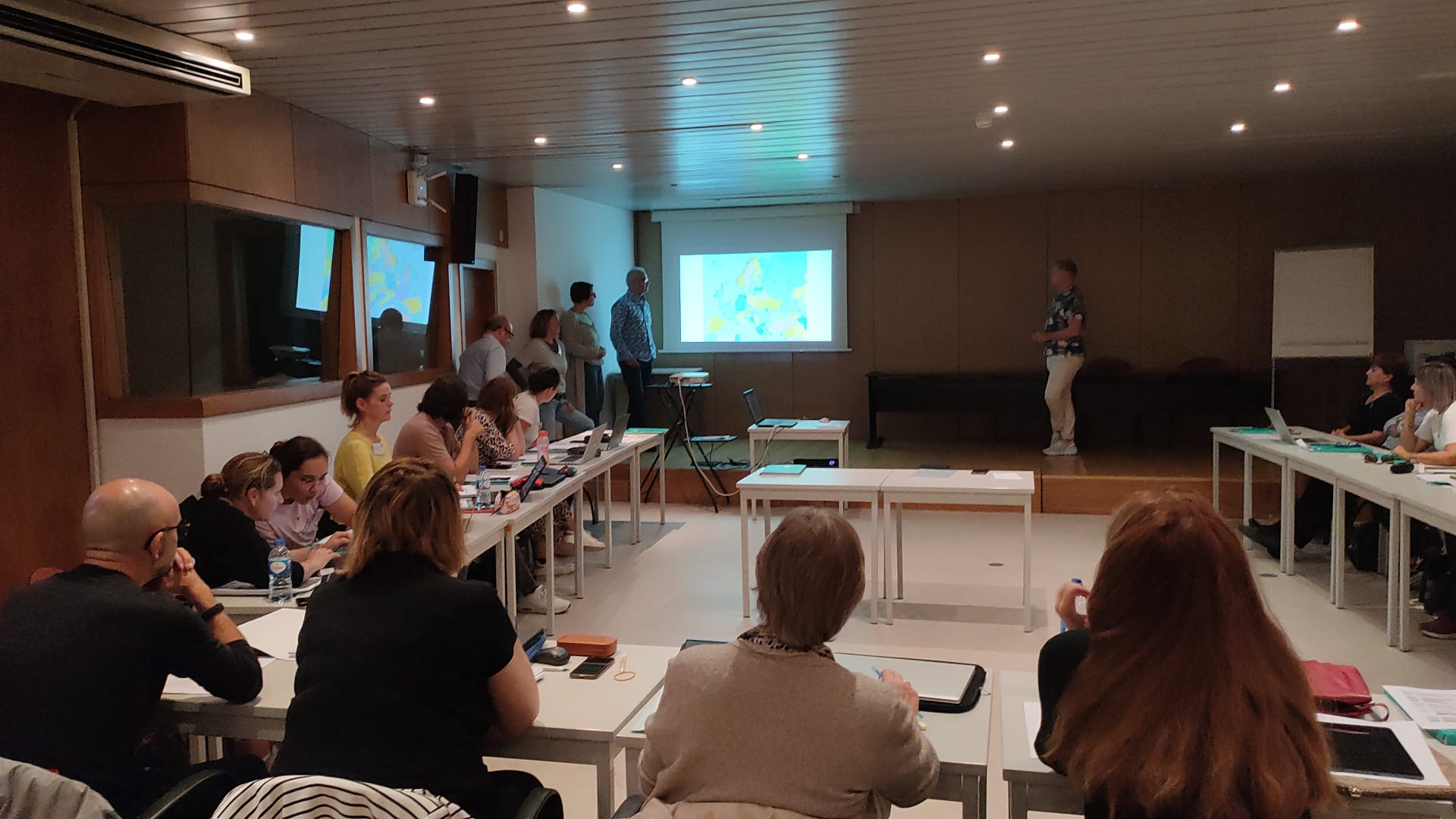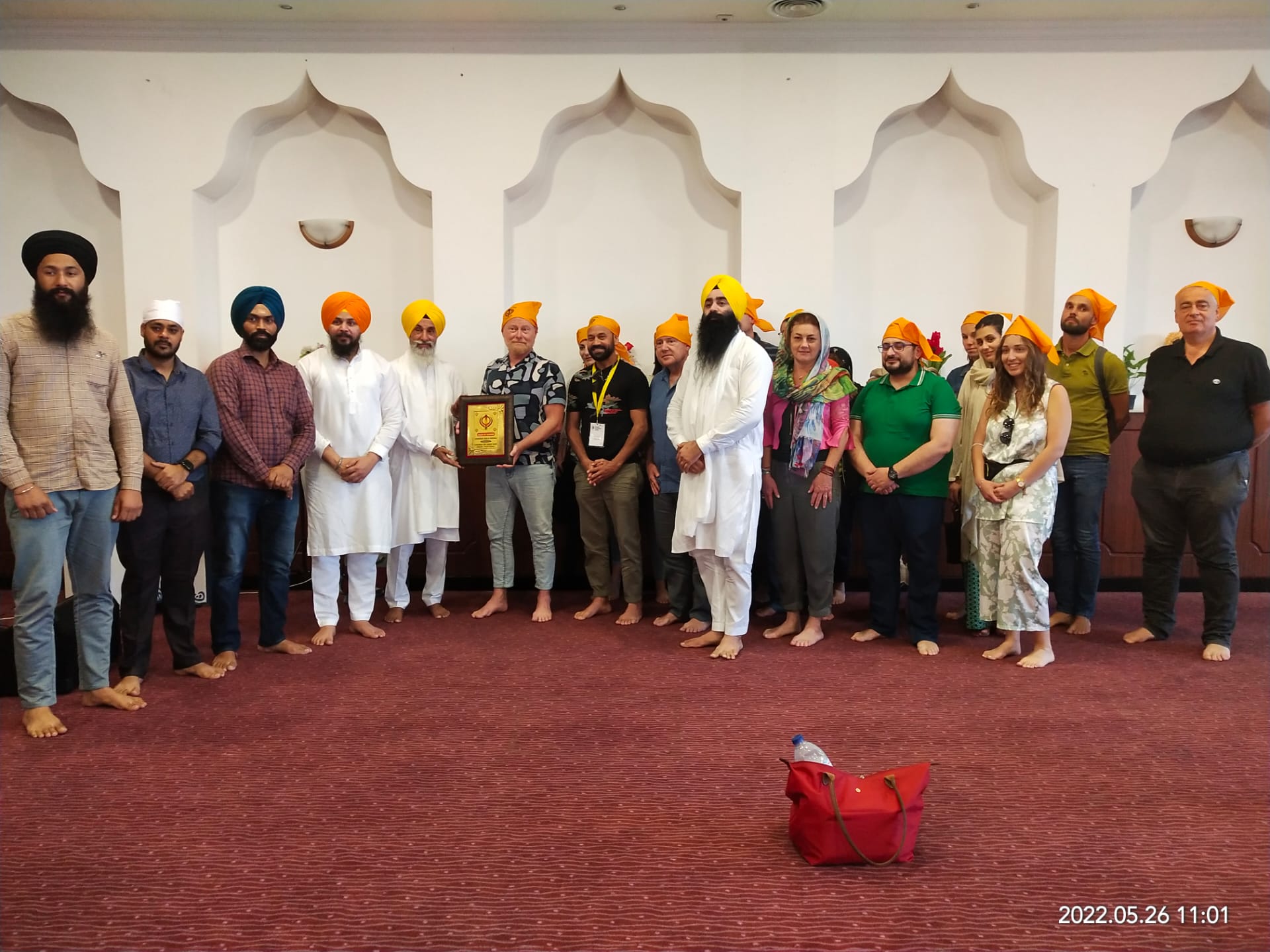Pre-Registration
23/10/2023 – 27/10/2023 Lisbon (Portugal)
Are you interested in participating in this course this school year 2023-2024? Please make a pre-registration so we can keep you informed about this course.
Final Registration
23/10/2023 – 27/10/2023 Lisbon (Portugal)
Would you like to confirm your participation for this course in the schoolyear 2023-2024? Secure your place and make a final registration.
Dates can be subject to change and are only final after official confirmation by the course provider.
Our society is evolving fasttowards great(er) diversity. Hence the schools – as a reflection of that society – evolve at the same speed and in the same direction. We meet more frequently with (grand)parents from less obvious family backgrounds or multicultural families. Gender issues influence strongly modern society and school life. More often we encounter students with different ethnical-cultural,linguistic or religious backgrounds, students and teachers with a disability, families with less fortunate financial means or who have no access to good schooling due to economic status…
It becomes challenging to enable success for all learners, including children with different and diverse backgrounds.
In this course, participants will learn how to deal with diversity in an educational environment, they will experience it within the course and will learn to consider it a meaningful challenge, for example by: strengthening collaboration among all actors within schools, as well as with families, and other external stakeholders; supporting diversity awareness and holistic approaches to teaching and learning and improving education by opening to inclusion.
Coping with diversity is a way of looking at different people in another way, especially in times when schools are being confronted with inclusion and pupils with lots of diverse backgrounds.
During this course, which is set in Almada, Lisbon (Portugal), we provide the knowledge, skills and attitudes the participants need to cope with diversity.
We have a study visit to a Sikh Temple, a centre for gender and a social centre or school. In the course we also incorporate diversity in the informal moments, every meal has a different gastronomical background.
We selected Lisbon on purpose as during centuries the city was the centre of a global empire. Although this empire is long gone, the people remained and created a mixture of colour, flavour, spices, gastronomy, music, culture… Next to London, Lisbon can be considered as one of the first multicultural capital cities where diversity became a part of the normal urban life. Lisbon is also one of the most open southern European cities towards gender and social innovation.
Final registration
Secure your place and make a final registration HERE.
Date
23/10/2023 – 27/10/2023 (Lisbon)
If this date doesn’t suit you we can organise an additional session for your school/organisation if there are at least 12 participants.
Target group
Target group for this course are teachers, trainers, educational counsellors, career counsellors, school psychologists, headmasters, school management and administrative staff working in either primary schools, secondary schools, VET schools, training centers, adult education, higher education, kindergarten and NGO’s.
Please be aware that the course may include teachers from different school levels.
Language
The course is organized in English
PORTUGAL – LISBON SOUTH BANK
The course is organized in the training facilities of Almadaforma, located at the South Bank of the river Tejo in Lisbon (15 km from Lisbon airport).
The participants are free to stay in a hotel of their own choice, however it’s advised to stay somewhere at the South Bank (=Almada) to save transport time during rush hour.
Hotel Mercure Lisboa – Almada (Rua Abel Salazar 9, 2805-313 Almada) is situated immediately near the tramline that leads to Almadaforma.
COURSE FEE
- School and study visits are part of the programme, as well as the informal moments, lunches and breaks. During those moments a lot of interaction, exchange and learning happens.
- We offer a cost structure that includes all formal and informal learning activities and opportunities.
- For a detailed explanation, have a look at our ‘Cost Structure‘.
FUNDING
- You can request an Erasmus Plus grant from your national agency which will cover almost all costs of this course.
- We can guide you through the process of funding and application. To do so, you need the make a pre-registration.
- After pre-registration, we’ll contact you by mail and provide the application help.
TAXI
There is a taxi service at the airport that can drive you to the hotel.
It’s particularly difficult to leave or enter Lisbon between 08:30 and 10:30h and 16:30 and 19:00h by car or taxi.
METRO/AEROBUS, FERRY AND TAXI
You can take the metro located at exit of the arrival hall of the airport and leave the metro at the terminus station Cais do Sodré.
The Aerobus is another good way to travel from and to the airport. The Aerobus provides a connection between the airport and Cais do Sodré.
At the boat station of Cais do Sodré, you can take the ferry boat to Cacilhas (south bank of River Tejo). During working hours, there is a crossing every 15 minutes. The ferry takes 12 minutes to arrive on the other side of the river.
At Cacilhas you can take a taxi or tram (Line 3, direction Universidade, stop Ramalha) for the remaining 5 km.
RENTAL CAR
Sharing a rental car with 3 other people for all transport during the course, can be interesting.The airport is connected directly to the hotel by the Ring of Lisbon and the North-South Connection (Eixo Norte – Sul).
Crossing the bridge, you have a marvellous view on Lisbon, the estuary and both banks of the River Tejo.
Bring or rent a GPS and check the prices of rental cars on the Internet.
TRANSPORT FROM HOTEL TO ALMADAFORMA
Walk 400 m from the hotel to the tram stop ‘Ramalha’, where you take the tram of Line 3 to ‘Universidade’ .
Leave the tram at stop ‘Monte de Caparica’.
Walk 600 m through the village to Almadaforma.
